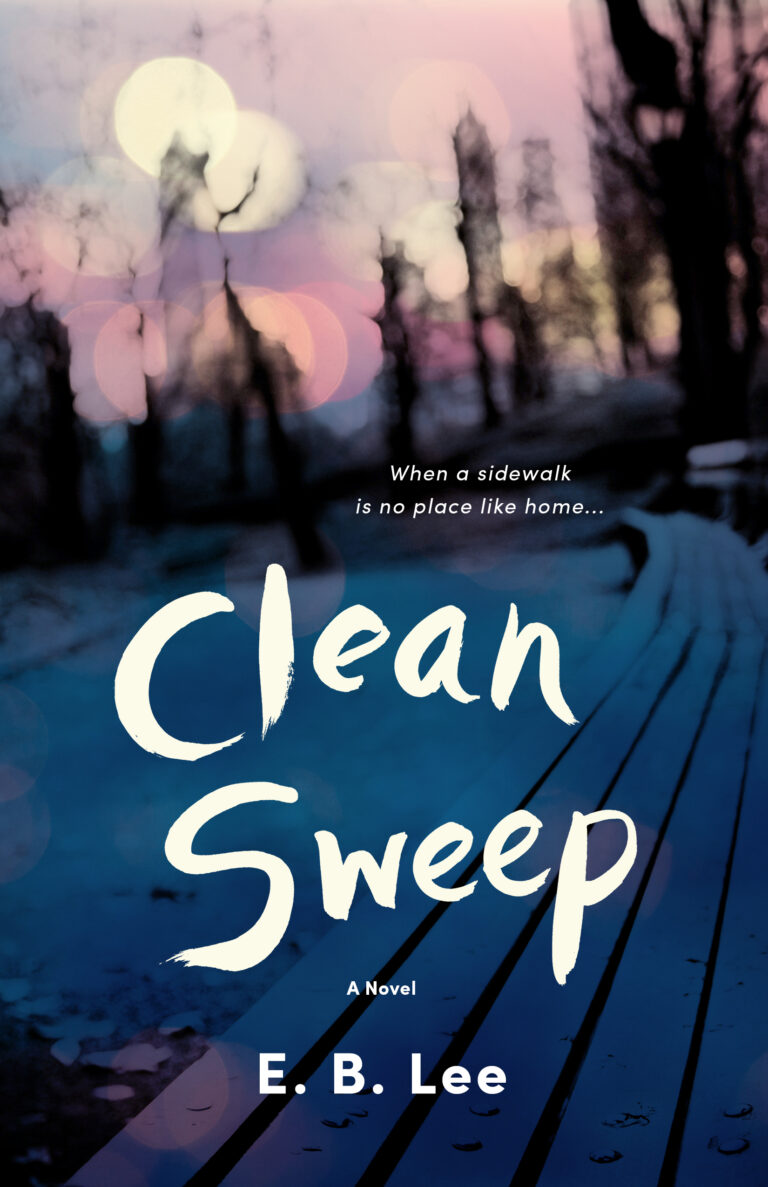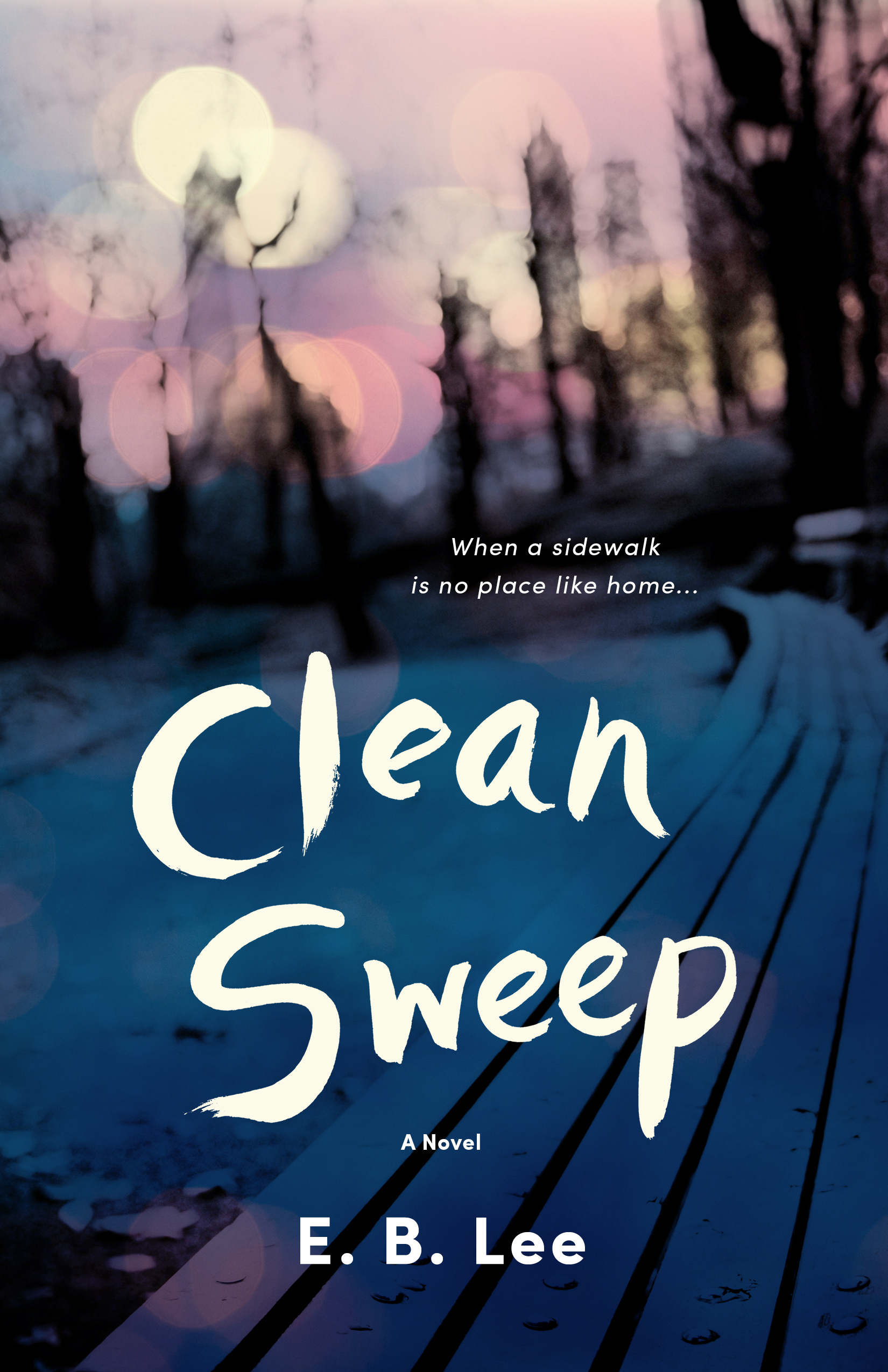Tessie Whitmore, recently retired from her mega-successful career as the owner of a top advertising company, adopts the pseudonym Carli Morris when she volunteers to go on the Church Run, handing out food and supplies to the homeless in New York City. The false identity gives her a sense of safety, but also plagues her with guilt because she knows she’s lying to everyone she meets. On her first night with the Church Run, Carli meets Grant, a mysterious figure and a whirlwind of energy. He’s there when her group discovers the dead body of a well-known homeless woman named Lucy. Lucy’s death moves Carli, and she begins investigating the woman’s life. She meets Grant again and learns he works for Mobile Outreach and spends his time moving around the city checking on the homeless population in an effort to gently encourage them into shelters and programs, or at the very least supply them with what they need to survive. She’s disturbed when Grant suggests Lucy may have been poisoned.
Carli is determined to find Lucy’s roots in part because she knows what it’s like to lose a loved one while they’re still alive—when she was a child her brother, Henry, vanished into the clutches of a nefarious cult, never to be heard from again. Still haunted by Henry’s disappearance, she’s initially hesitant when Grant suggests she join Mobile Outreach, but is soon impressed by Grant’s boundless energy and compassion. But as Carli becomes increasingly involved with Grant’s work helping folks like Sarah, who rarely speaks, or the alcoholic Wilson who has the mysterious ability to identify perfumes by scent, she notices disturbing aspects of Grant’s behavior. When she learns the incredible truth about him, everything changes.
Author E. B. Lee tells the stories of the homeless characters with incredible warmth and compassion, never forgetting that these are human beings with pasts—and futures. Without sugar-coating the challenges involved, including mental health issues, extremely limited resources, and government agencies that often unintentionally do more harm than good, Lee manages to convey both the desperate needs of the homeless population and the incredible rewards of treating them with dignity and love. Lee, however, makes several storytelling choices that rob the story of impact. The reader will likely guess the major revelation that comes in the middle of the story (in fact, many readers will guess it from this review alone) and wonder at the sheer coincidence involved, making it feel a bit contrived. There’s a perfunctory nature to some of the storytelling as well—the cult that Carli’s brother vanishes into, for example, is always referred to generically as “the cult” without any other detail—not even a name. Considering how heavily Henry’s absence weighs on Carli, you might expect her to know at least that much. And the ending of the story feels a bit rushed and undercooked, as a sudden tragedy simply cuts off the main narrative in a sudden way that is effectively shocking but hollow, providing no real resolution to the story’s themes—and underscoring the essential passivity of the main character, who spends most of the story observing, reacting, and frustratingly powerless. That may reflect the reality of the work, but it isn’t conducive to a narrative.
Ultimately, Lee crafts a suitably complex vision of the people living on the streets of a major city, and the people who try to form a bridge back to the world for them. Avoiding the typical mistakes of stories focused on the homeless population—ranging from hagiography to simplistic cynicism—CLEAN SWEEP should be applauded for wrestling with the unanswerable questions and deep emotional issues surrounding people who choose to stay out.
~Jeff Somers for IndieReader


